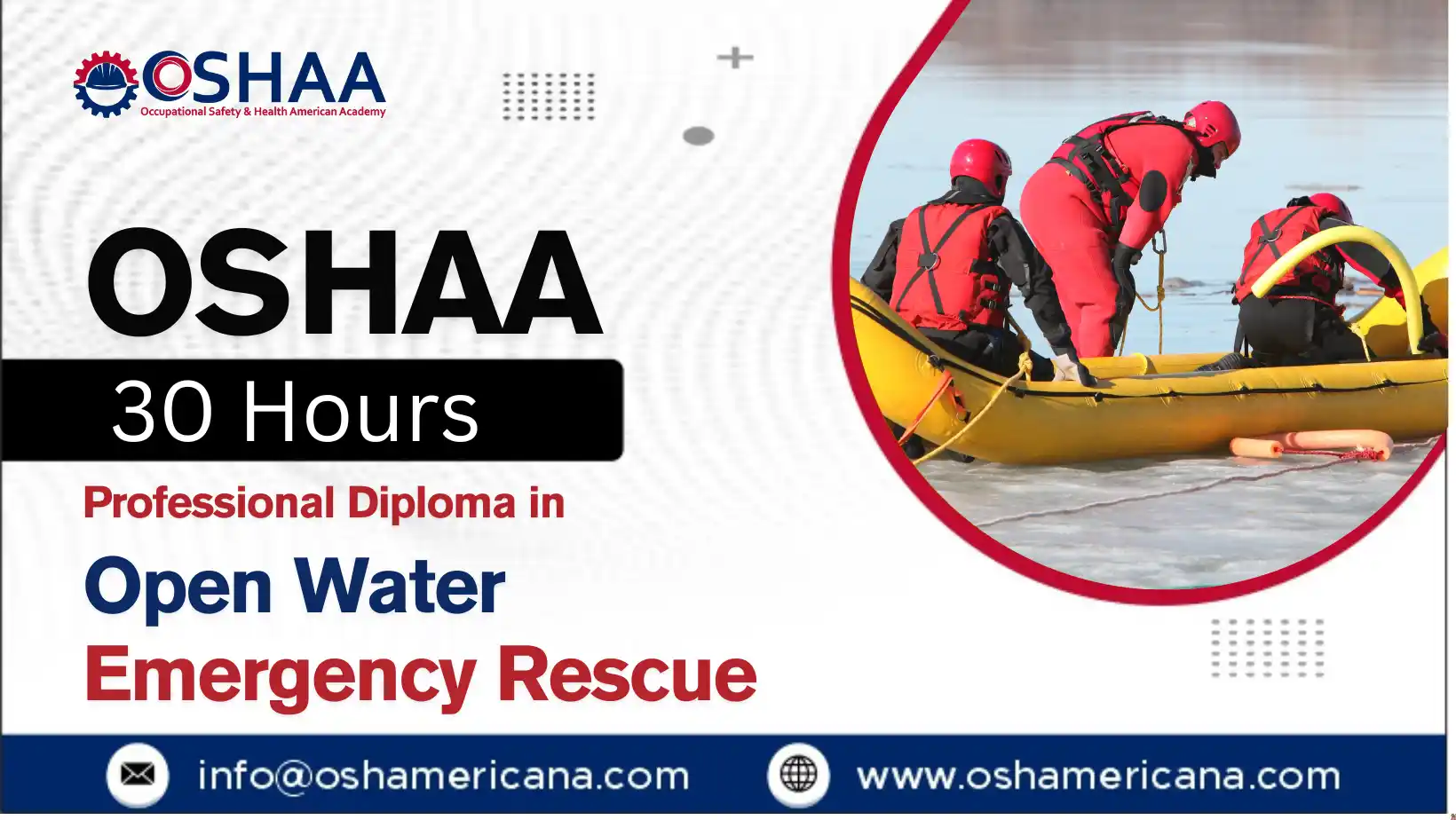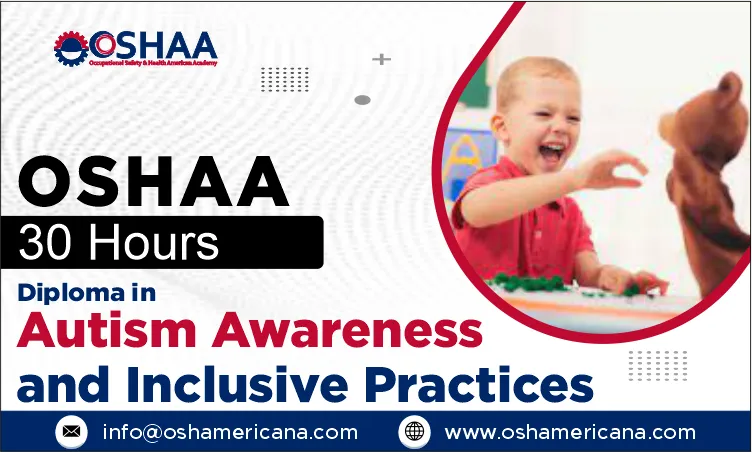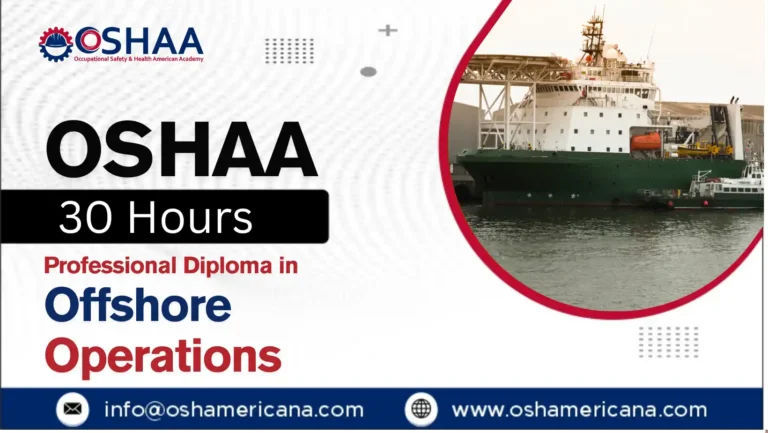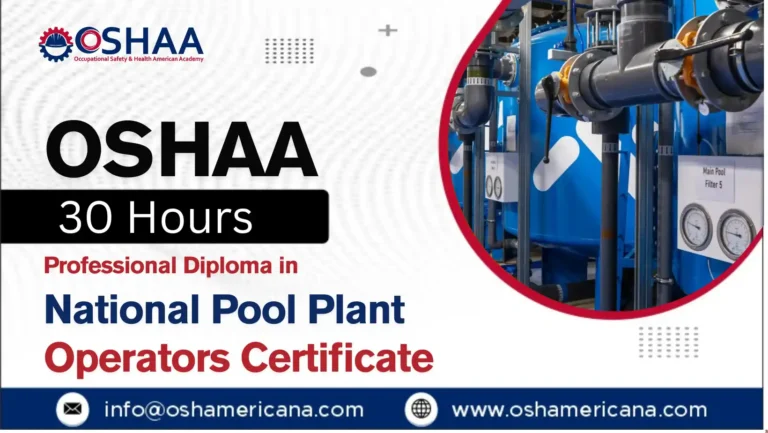Open Water Emergency Rescue Diploma – OSHAA 30-Hours
The OSHAA 30-Hours Professional Diploma in Open Water Emergency Rescue is a specialised training programme designed to equip participants with the essential knowledge and practical skills required for effective rescue operations in open water environments. As the awarding body, OSHAA ensures that this course meets professional standards and prepares participants to respond confidently and safely to emergencies in lakes, rivers, seas, and other natural water bodies.
Participants undertaking this diploma will develop a comprehensive understanding of the unique challenges posed by open water rescues, including variable conditions such as currents, tides, and weather. The course covers crucial aspects such as hazard identification, risk assessment, emergency planning, and rescue techniques tailored specifically for open water settings.
Practical training is a core component of the programme, enabling participants to gain hands-on experience with rescue equipment and manoeuvres essential for successful interventions. This approach enhances participants’ ability to perform swift and effective rescues while minimising risk to both rescuers and casualties.
This diploma is ideal for rescue personnel, lifeguards, emergency responders, and aquatic safety professionals working or aspiring to work in open water environments. By completing the OSHAA 30-Hours Professional Diploma in Open Water Emergency Rescue, participants demonstrate their commitment to the highest standards of aquatic safety and rescue readiness, positioning themselves for enhanced career opportunities in this critical field.
OSHAA 30-Hours Professional Diploma in Open Water Emergency Rescue
Study Units
Learning Outcomes
Introduction to Open Water Emergency Rescue and Roles (3 Hours)
- Understand the scope and importance of open water emergency rescue
- Identify key roles and responsibilities within rescue teams
- Recognise the significance of teamwork and coordination in rescue operations
Environmental Factors and Hazards in Open Water (4 Hours)
- Identify common environmental hazards in open water settings
- Assess the impact of weather, currents, tides, and visibility on rescue operations
- Develop strategies to mitigate risks associated with natural water environments
Principles of Risk Assessment and Safety Planning (3 Hours)
- Conduct thorough risk assessments for open water rescue scenarios
- Create effective safety plans to minimise hazards during operations
- Apply risk management techniques to enhance rescuer and casualty safety
Open Water Rescue Techniques and Approaches (5 Hours)
- Demonstrate a variety of rescue techniques suitable for different open water conditions
- Execute safe and effective approaches to reach and assist casualties
- Adapt rescue methods based on situational variables and environmental factors
Use and Maintenance of Rescue Equipment in Open Water (3 Hours)
- Identify essential rescue equipment for open water environments
- Perform correct usage and handling of rescue tools during operations
- Carry out routine inspection and maintenance to ensure equipment readiness
Emergency Communication and Coordination Strategies (3 Hours)
- Apply effective communication techniques within rescue teams
- Coordinate multi-agency and team responses during emergencies
- Use communication tools to facilitate efficient rescue operations
Casualty Assessment and Safe Recovery Procedures (4 Hours)
- Conduct rapid and accurate assessment of casualties in open water
- Apply safe recovery techniques to minimise further injury
- Provide initial care and support during and after rescue
Legal, Ethical, and Professional Responsibilities in Rescue Operations (3 Hours)
- Understand the legal obligations relevant to open water rescue
- Recognise ethical considerations and professional conduct standards
- Ensure compliance with policies, regulations, and best practices
Post-Rescue Care and Incident Reporting (2 Hours)
- Deliver appropriate post-rescue care to support casualty recovery
- Complete detailed and accurate incident reports
- Evaluate rescue operations for continuous improvement and learning
- Provides participants with specialised knowledge tailored to open water rescue challenges
- Develops practical skills in advanced rescue techniques for diverse open water conditions
- Enhances ability to conduct thorough risk assessments and implement effective safety plans
- Equips participants to use, maintain, and manage essential rescue equipment confidently
- Strengthens communication and coordination skills critical for multi-agency rescue operations
- Prepares participants to perform accurate casualty assessment and safe recovery procedures
- Builds awareness of legal, ethical, and professional responsibilities in rescue contexts
- Improves competence in delivering post-rescue care and completing incident documentation
- Fosters readiness to respond effectively and safely to emergencies in natural water environments
- Awards a recognised professional diploma that advances career opportunities in aquatic rescue and safety
- Participants working as lifeguards, rescue personnel, or emergency responders in open water settings
- Aquatic safety professionals seeking to enhance their expertise in natural water rescue
- Search and rescue team members involved in lake, river, or coastal operations
- Facility managers and supervisors responsible for overseeing open water safety programs
- Trainers and instructors delivering water safety and rescue training courses
- Individuals aiming to build or advance careers in open water rescue and emergency management
- Anyone committed to maintaining high standards of safety and professionalism in aquatic rescue environments







